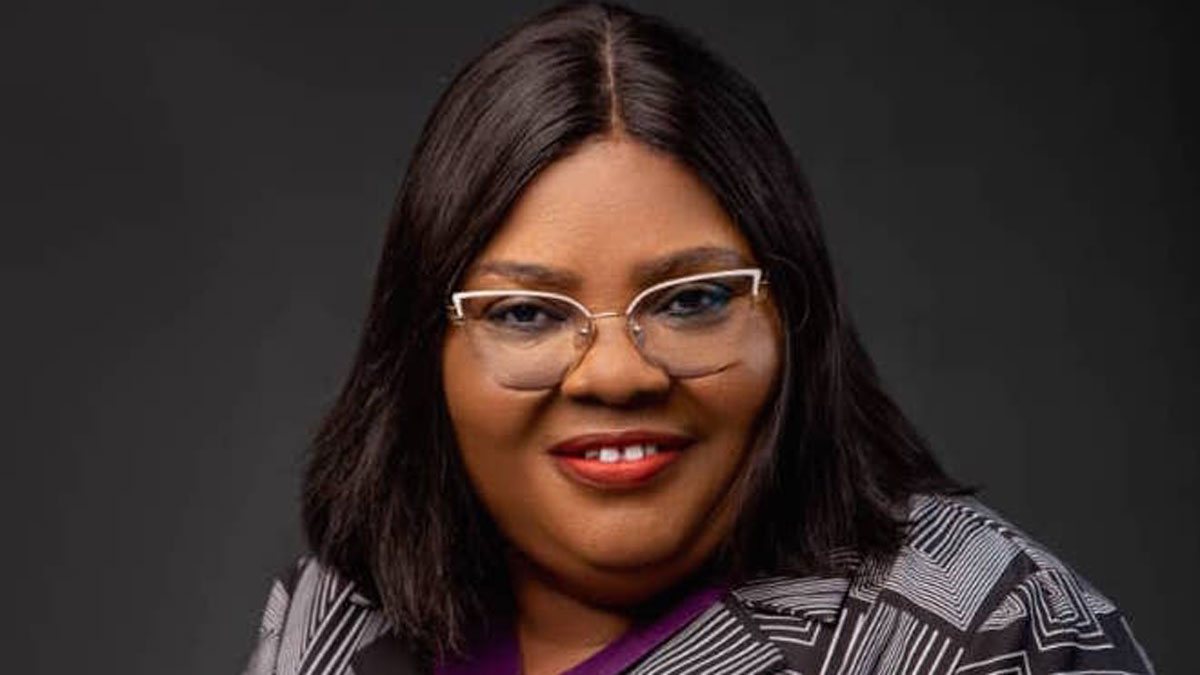
Association of Professional Women Engineers of Nigeria (APWEN) has charged stakeholders in private and public sectors to prioritise mentorship and networking for girls studying Science, Technology, Engineering and Mathematics (STEM) in secondary schools and tertiary institutions.
Its president, Dr. Elizabeth Eterigho, gave the challenge at the weekend during an event to mark the 2023 International Day of Women and Girls in Science.
She noted such opportunities would lead to more representation of women in leadership positions in the scientific community.
Eterigho stressed the need for improved funding of research projects by women and equity in access to resources and facilities.
According to her, “it is disheartening to note that STEM policymakers do not involve women in developing policies, and there is need to address the striking fact that lack of funds and facilities needed for innovative research work is out of reach of women and girls.”
She stated that scholarships for women and sponsorship for female scientists were rare, adding that APWEN is advocating that more should be instituted.
To her, the theme for this year’s event, “Innovate. Demonstrate, Elevate, Advance (IDEA): Bringing Communities Forward for Sustainable and Equitable Development,” provides an opportunity to reflect on importance of promoting gender equality in STEM to advance science and technology for growth of the society.”
The APWEN boss said in Nigeria, women and girls face several challenges in the field of science. These, she said, include: lack of access to education and resources in STEM fields, gender bias and stereotypes at workplace, which could limit career advancement opportunities, as well as insufficient funding for women-led research projects and limited representation of the gender in leadership roles in the scientific community.
Other impediments, Eterigho observed, are: Cultural attitudes that discourage women from pursuing career in science and inadequate support for work-life balance, which could deter females from pursuing vocation in science and gender pay gap.
She continued: “APWEN in 2023 plans to encourage and support more girls’ education in STEM fields, provide mentorship and networking opportunities for women in science, advocate for promotion of gender equality and challenge gender stereotypes at workplace, increased funding for research projects led by women, as well as foster a culture of inclusivity and diversity in STEM communities.
“We will also advocate for celebration and showcasing of contributions of women in science to inspire future generations and collaborate with the private sector, government and civil society organisations to advance women in science.”
According to UNESCO, most countries, including Nigeria, have not achieved gender equality in Science, Technology, Engineering and Mathematics (STEM).
This, APWEN stressed is a serious problem that undermines efforts to improve people’s lives.
Eterigho further said women are often treated as second-class citizens in the society, adding that this can result in limited opportunities in the workplace and beyond.
She said: “Women need a stronger voice in the scientific field if we hope to close the gender gap and eliminate harmful stereotypes. They need to be encouraged to pursue careers in science and engineering from an early age.”



